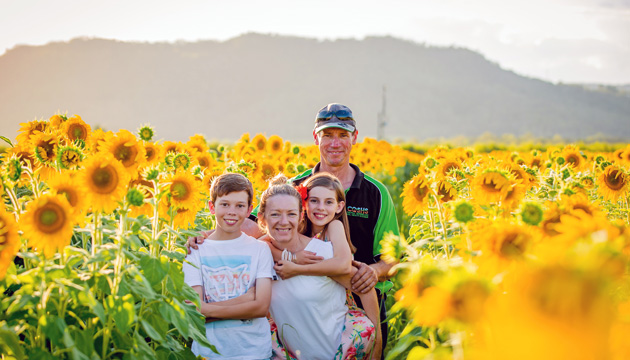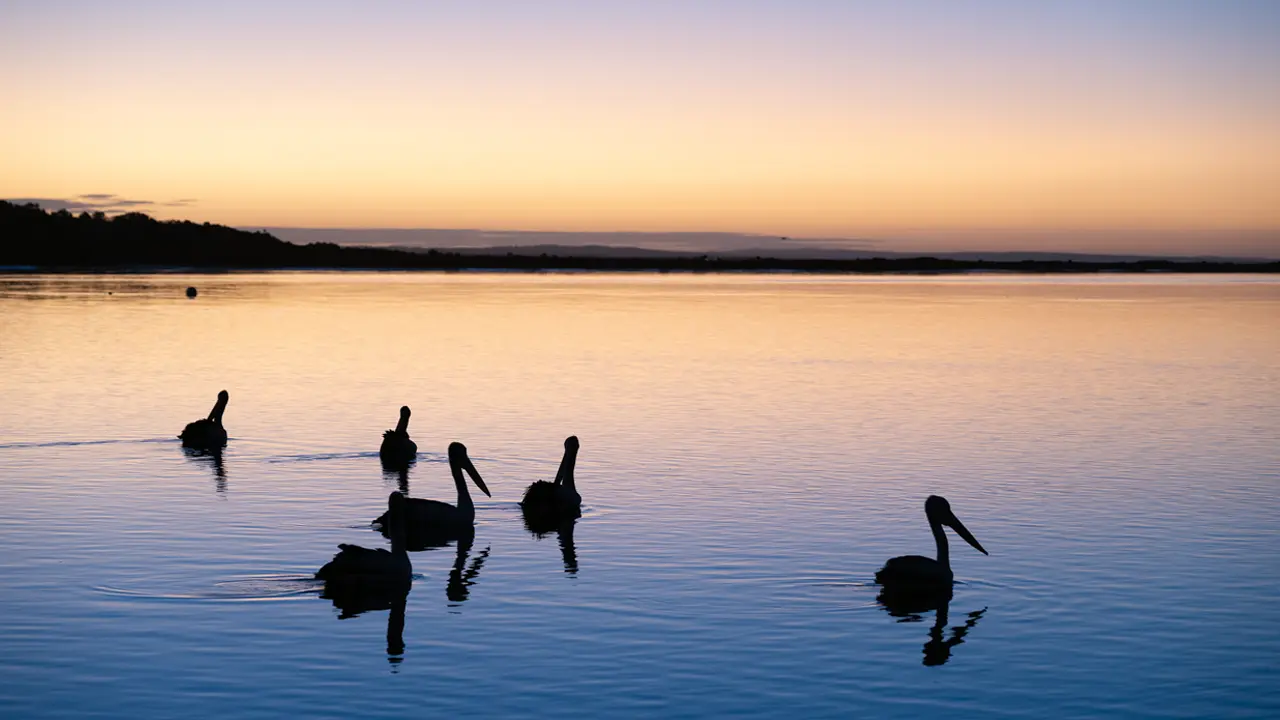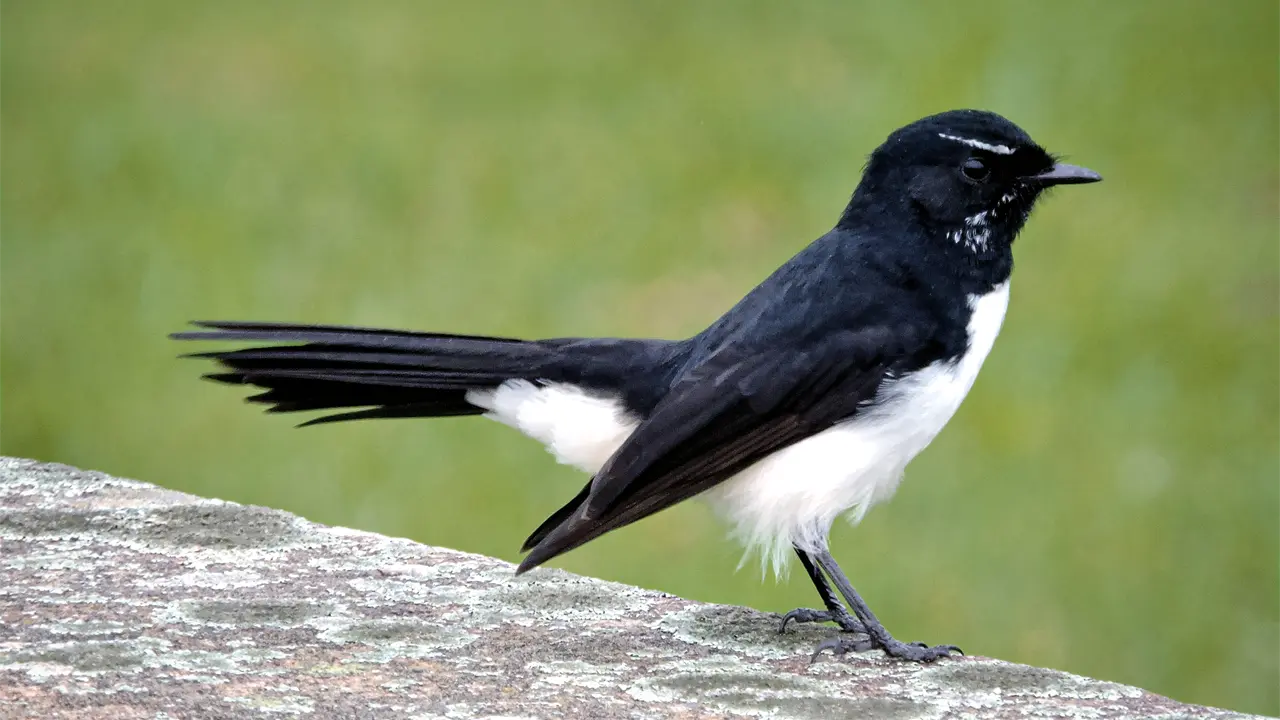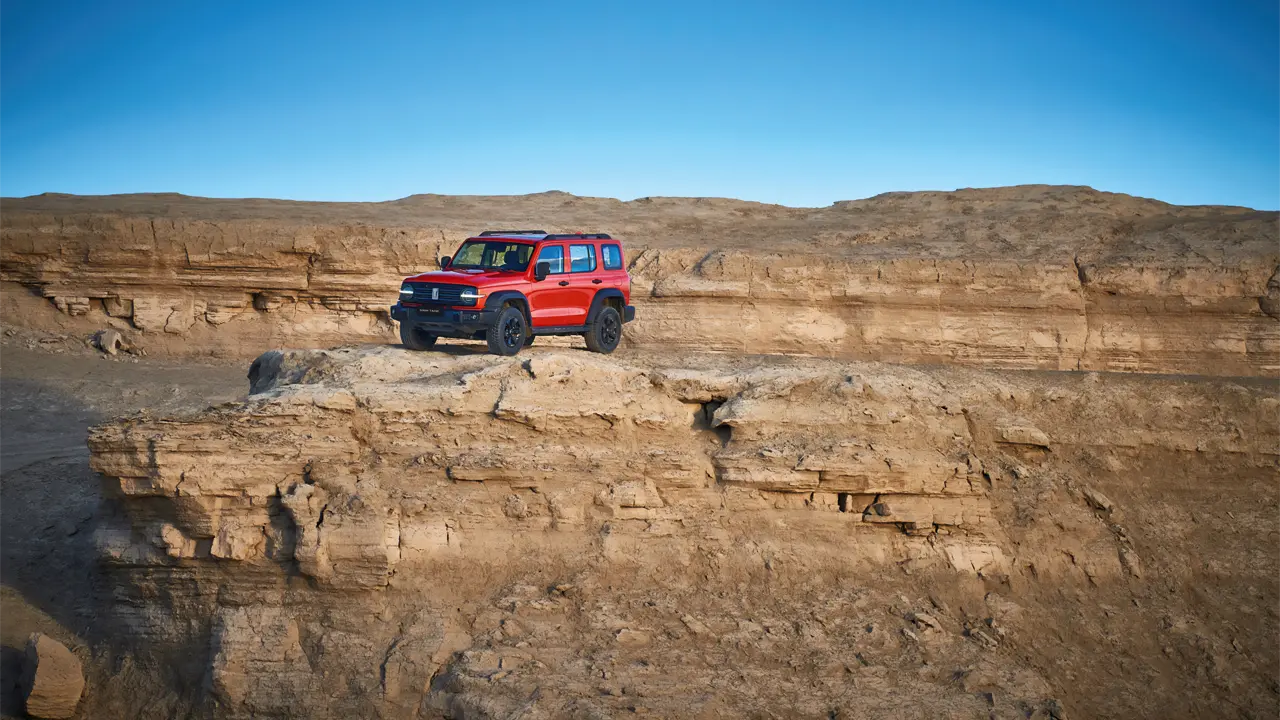A new generation of men and women are challenging traditional practices that see the family farm passed down to sons.
Story Amanda Burdon Photo Summer Mulvey
Leonnie Blumson was just six when her first brother was born, but she remembers it vividly. “My parents had four daughters and I was acutely aware that my father needed a boy to take over the farm,” Leonnie says. “Then my parents kept going and had another. The first son was the heir and my youngest brother the spare.”
When the time came, the boys would share inheritance of the family’s cereal, sheep and cattle property near Ceduna, SA. “The thought that one of us girls would ever run the farm never crossed our minds; that’s the way we were raised,” says Leonnie, who is exploring the subject as part of a PhD at the University of South Australia.
This experience, in which sons – and usually the eldest son – inherit the family farm and its management is typical. It’s a practice steeped in tradition that many older farmers would say is designed to perpetuate the family name. Daughters, it was widely held, could marry and have someone provide for them.
But a new generation of women, including a growing number of female agricultural and agribusiness graduates, are challenging this custom. Increasing numbers of men, too, are acknowledging the inequity of past conventions, especially in the face of expanding women’s roles and rising land values.
“Until we start unpacking and exposing these practices, they will continue,” says Margaret Alston, professor of social work at Monash University and keen long-time rural observer. “Today’s generation of highly skilled, educated women are prepared to work hard to overcome the barriers that persist.”
Queensland farmer Simon Mattsson, 49, is putting no such obstacles in the way of his 11-year-old daughter Sophie. When she began showing greater interest than her older brother in one day taking over the family’s 190-hectare sugarcane farm west of Mackay, Simon and his wife Sue started planning for that possibility. “I don’t have any preconceptions about who should farm, but if Sophie wants to, I am completely open to that idea,” he says. “You need to want to be a farmer to be a good farmer. We are the stewards of vast tracts of land and to get the best outcomes for humanity and the environment we need to give the job to those who are passionate about preserving that asset.”
This story excerpt is from Issue #112
Outback Magazine: Apr/May 2017










